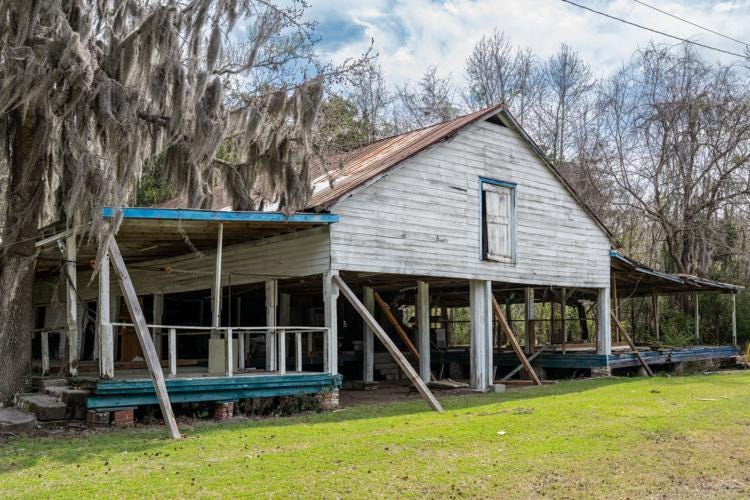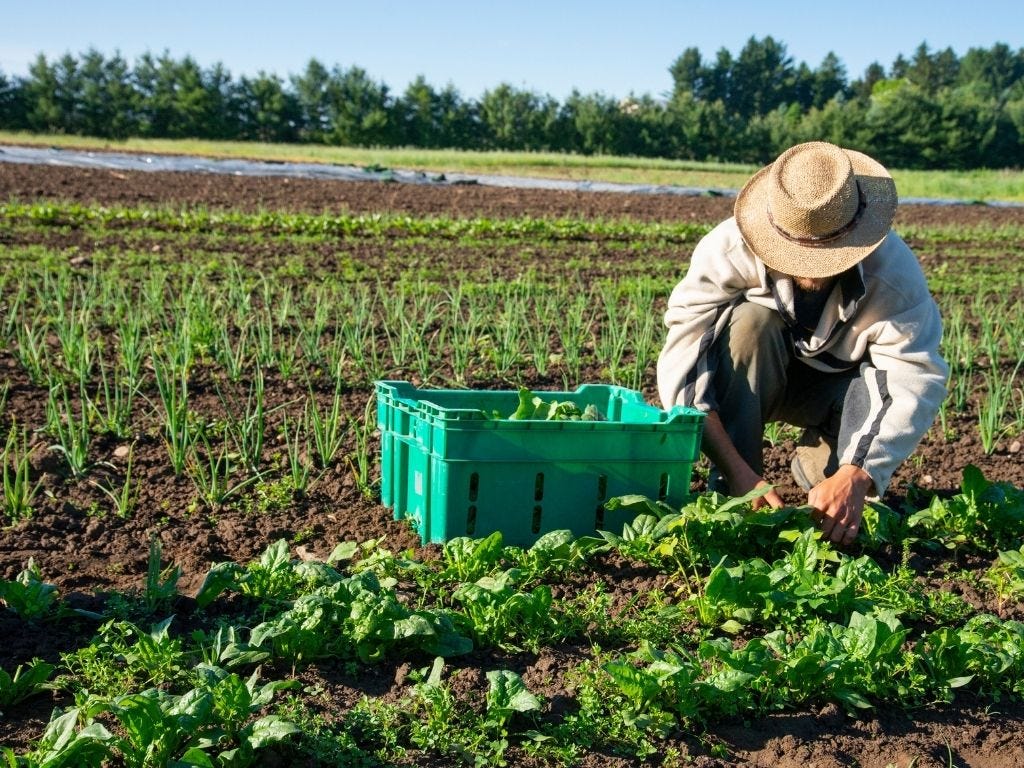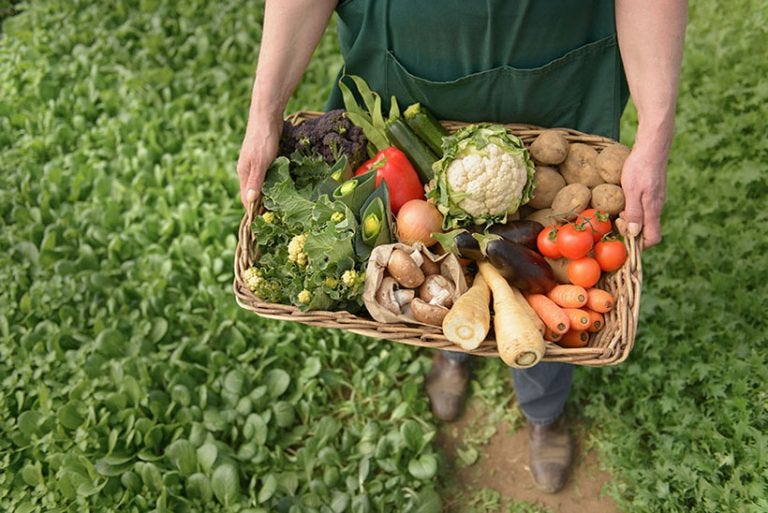St. Helena Packing Shed Will Become a Vibrant Community Marketplace.
The project will breathe new life into St. Helena's economy while preserving the heart of the Gullah culture.
A 95-year-old packing shed on St. Helena Island will soon see new life as an incubator for local entrepreneurs thanks to a $450,000 grant from the Mellon Foundation.
Ambitious plans are underway to transform a historic site into a community gathering place. The grant was awarded for the restoration of the Corner’s Packing Shed and the development of a community marketplace and entrepreneurial incubator dedicated to celebrating the Gullah Geechee Heritage.
This land is a piece of island history that has gradually been decaying just out of view of the busy U.S. Highway 21 and Dr. Martin Luther King Jr. Drive intersection. The wooden building leans a bit with its rusted metal roofing hanging on, propped by a few two-by-fours, a cable attached to a tree, and the will and prayers of 4th-generation islander Sarah Reynolds Green.
Green will facilitate the grant through her nonprofit, Marshview Community Organic Farm, in partnership with the South Carolina Coastal Community Development Center. The property has been in her family since 1982. “Our goal has been to see that young people learn about sustainability. If they can grow the crops and make the crops into meals, then they can sustain themselves,” says Green.
Her last name is Green because she is married to Bill Green, proprietor and chief chef at Gullah Grub, located at the corner of the Corners Community.
Built in the 1930s, the shed served as a depot and vegetable packing shed for Gullah truck farmers. In 1988, it was listed on the National Register of Historic Places and stands as a rare example of early 20th-century vernacular architecture.
“The shed is more than a building. It’s a gathering place, a symbol of our past, and now, a promise for our future,” Green said. “Thanks to the Mellon Foundation, we can create a space where our people can sell what we grow, build, tell our stories, and keep our culture alive through food, fellowship, and commerce.”
Part of the excitement is plans for a teaching kitchen for adults and children. They will be able to cook what they grow.
Construction is expected to begin late summer with a grand opening targeted for March 2026.





